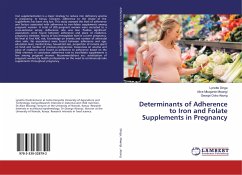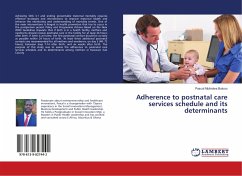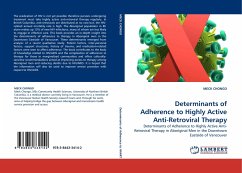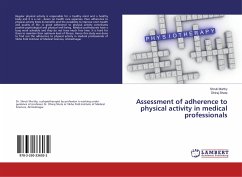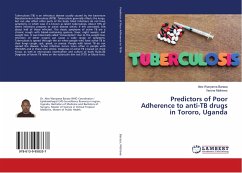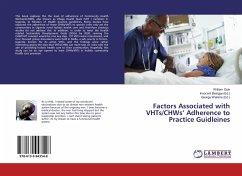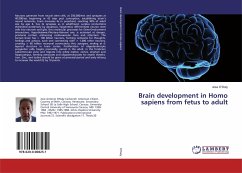Iron supplementation is a major strategy to reduce iron deficiency anemia in pregnancy. In Kenya, however, adherence to the intake of the supplements has been very low. This study assessed the level of adherence and factors associated with adherence to iron-folate supplements among pregnant women. A total of 200 pregnant women were recruited to a cross-sectional survey. Adherence rate was low. Positive significant associations were found between adherence and place of residence, pregnancy trimester, history of low hemoglobin level in current pregnancy, Hb level at first ANC visit, knowledge on anemia and number of antenatal clinic visits. No associations were found between adherence and age, education level, marital status, household size, proportion of income spent on food and number of previous pregnancies. Awareness on anemia and place of residence were found as predictors to adherence based on the Wald criterion. In conclusion adherence rate to iron/folate supplements is low among pregnant women. Recommendations are: sensitization of pregnant women by health professionals on the need to continuously take supplements throughout pregnancy.
Bitte wählen Sie Ihr Anliegen aus.
Rechnungen
Retourenschein anfordern
Bestellstatus
Storno

